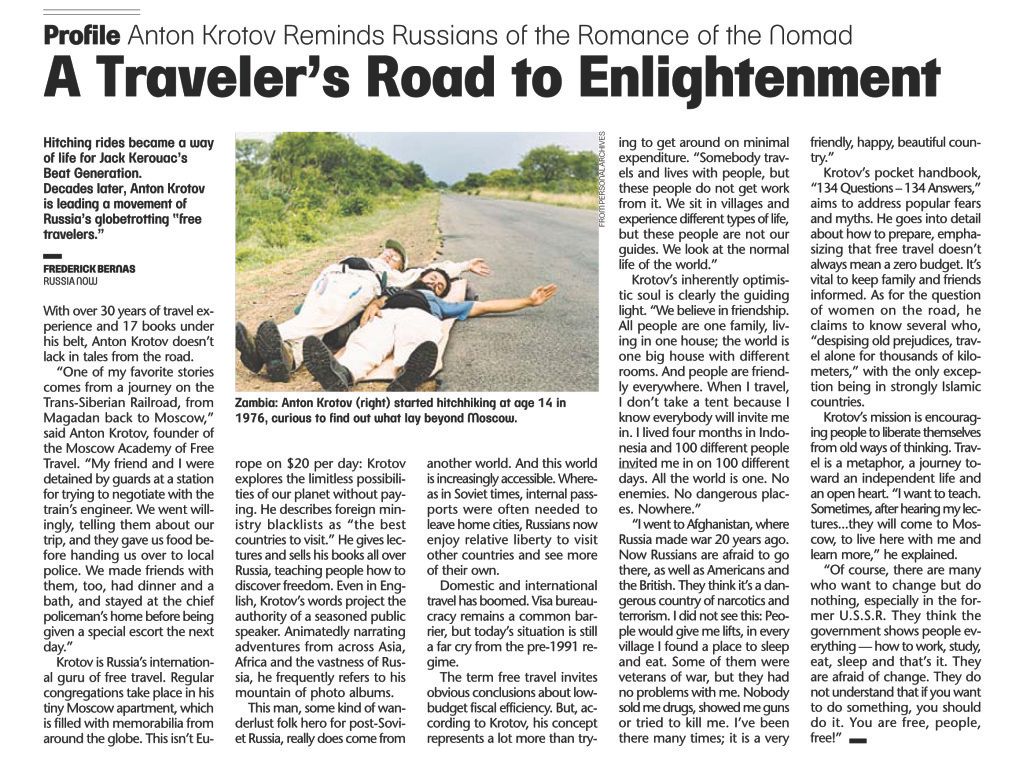 Officially the Winter Olympics are non-politicised – but the reality is that wherever Russia goes, politics will follow.
Officially the Winter Olympics are non-politicised – but the reality is that wherever Russia goes, politics will follow.Russia will be holding a national referendum to select its mascot for the 2014 Winter Olympics in Sochi. Contenders include a dolphin on skis, a potential revival of the 1980 games’ popular beaming bear, and a giant-eared children’s character known as Cheburashka. With a cast like that, cynics might be reminded of the recent parliamentary elections.
No irony is lost in this faux-democratic gesture from Russia’s PR-obsessed political regime. State-controlled TV and close monitoring of the press give the government an effective monopoly on public opinion. The Sochi Games, a pet project of the prime minister, Vladimir Putin, will become an increasingly prominent weapon in the country's constant image battle with the west.
But the 2014 grand plan is not only fighting a war of words and perceptions.
Sochi is located on the scenic Black Sea coast, just 12 miles from the border with Abkhazia – a rebellious Georgian province Moscow recognises as an independent state. In August last year, Russian forces won a five-day war against Georgia over this disputed enclave and its fellow breakaway, South Ossetia. Nicaragua and Venezuela are so far the only countries to follow the Kremlin's recognition.
Abkhazia looks set to benefit from its proximity to the Olympic development. President Sergei Bagapsh expects at least $300m of
investment in construction materials, while the Russian government says it will station 100,000 workers there due to cheaper living costs. As a fragile, war-torn semi-state, Abkhazia is working against the odds. Russia clearly believes it is the overlord, but increasing confidence and funds could see the Abkhaz elite try to take de facto independence one step further, effectively biting the hand that feeds it. Earlier this year, officials met with the Turkish prime minister and received a delegation from Tehran.
The Georgian government, which still regards both Abkhazia and South Ossetia as its sovereign territory, is working against Russian endeavours to foster autonomy. In September, news agencies reported the Georgian navy had intercepted
more than 20 supply ships as it tried to assert authority over the renegade province. Meanwhile, American support for Georgia’s controversial president, Mikheil Saakashvili, has remained a sticking point amid the proffered "reset" in US-Russia relations.
Russia’s northern Caucasus is also rumbling uneasily. The conflict-ridden republics of Ingushetia, Chechnya and Dagestan lie due east of Sochi. On Wednesday, Chechen rebels
claimed responsibility for last week's bombing that took 26 lives on the busy train route between St Petersburg and Moscow. Security has become a major concern for the Olympic organisers. Despite Russian claims that the region is under control – Chechnya’s
anti-terrorism operation was lifted in April – the current situation remains volatile.
And the worst-case scenario could yet materialise. In August 2008, White House foreign policy heavyweight
Zbigniew Brzezinski used an article in TIME magazine to tell the west it should consider the option of an Olympic boycott. The 1980 summer games in Moscow suffered such a fate: when the US withdrew its team in protest against the Soviet invasion of Afghanistan, more than 60 other countries followed. Georgia is already
lobbying for a repeat of this unqualified PR disaster.
Russia’s flawless domestic propaganda operation is well-documented;
Putin's annual TV question time was a perfect example. The vast majority of citizens are happy to surrender democratic rights for the sake of national progress. Ambitious schemes like Sochi 2014 and a bid to host the football World Cup in 2018 or 2022 form a vital element of the country’s wider global publicity campaign. Sport has huge potential to make a nation look good.
Officially the Olympics are non-politicised – and rightly so – but the reality is that wherever Russia goes, politics will follow. Even with these issues aside, the International Olympic Committee has declared Sochi 2014 one of the most complex projects in the history of the Games. They picked a city nowhere near ready for such an event: Russia must construct
some 80% of necessary infrastructure. Four years remain.
The IOC may have bitten off more than it can chew with the Sochi gamble. Many unanswered questions are still lurking in the shadows. There is a very realistic prospect that the Olympic brand, with its lofty values of “excellence, respect and friendship,” will be tarnished once again, irrespective of the boycott.
Suddenly, the choice of bear or dolphin seems the least of Putin’s worries. Anyone for Cheburashka?
Published @ guardian.co.uk, 5/12/09 - click here for original.
Labels: Guardian, politics, portfolio, Russia






